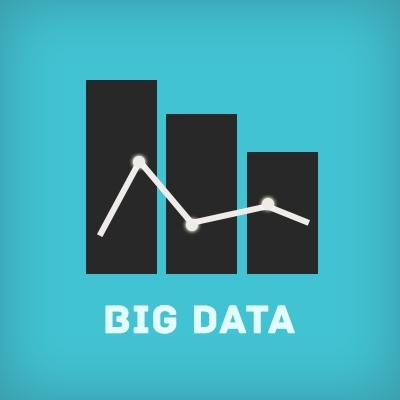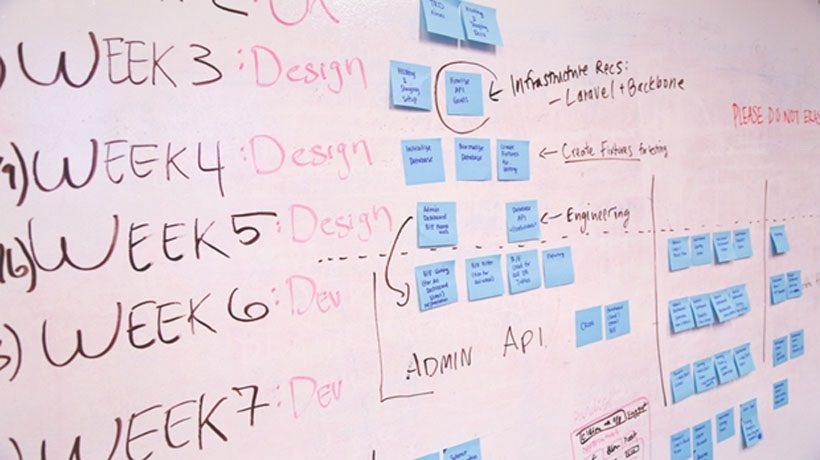Using Big Data In Digital Learning
Big Data is being used in a number of industries including banking and securities, communications, media and entertainment, healthcare, manufacturing and natural resources, government, transportation, energy and utilities, retail and wholesale trade as well as education, with experts predicting that more than 75% of all companies globally will be investing in Big Data analytics within the next decade. But what is this Big Data, and can it be of any help to digital learning professionals? In this article, this is what we’ll discuss.
What Is Big Data?
Big Data is actually a field that treats ways to analyze, systematically extract information from, or otherwise, deal with data sets that are too large or complex to be dealt with by traditional data-processing application software. These large data sets are analyzed computationally in order to reveal patterns, trends, and associations, especially relating to human behavior and interactions. In terms of digital learning, Big Data is the data that is created by employees/learners in corporate organizations while they are taking a digital learning course or training module. This includes learner progress, assessment results, social sharing, and any other data being produced during the time they’re consuming the digital learning course.
How Will Big Data Help Digital Learning Professionals In Corporate Organizations?
Well, Big Data will primarily help digital learning professionals customize their courses to offer much more personalized, effective, engaging and informative learning to learners. This translates to much more skilled employees in corporate organizations, and thus enhanced growth and productivity. Other benefits of corporate organizations using Big Data include, but are not limited to:
1. Improving Feedback Considerably
Being able to analyze Big Data generated while learners consume digital learning courses allows digital learning professionals to fully understand the effectiveness of said courses, and offer valuable insights as to how the courses can be improved, and how they can offer better learning value to learners. This also results in better feedback from the digital learning professionals to the learners as well, which improves the chances of learners correcting their mistakes moving forward.
2. Hyper-Personalized Courses
Personalized learning is a digital learning strategy which is being used markedly by corporate organizations due to its learner-centric nature, which allows better interest and engagement, and thus better absorption and retention of knowledge delivered. By using Big Data, digital learning professionals have a better grasp of how learners are acquiring information, what’s working for them and what’s not, what their interests are and what they need, which helps them design more personalized, interesting and engaging courses for learners. When courses are custom-tailored to suit learners, learning is maximized.
3. Tracking Learner Patterns
Big Data will also help digital learning professionals track each action of a learner throughout the consumption of the course, from start to finish. This effectively puts every learning behavior pattern of each individual learner in the hands of the digital learning professional. When professionals know how a learner behaves when consuming digital learning courses, they can offer them more challenging courses to improve them and their skills even more.
4. Giving Better Insights Into How Learning Takes Place
Nothing could be better for a digital learning professional than to have better insight into how learning takes place. Big Data helps these professionals understand how each individual learner in the organization acquires and digests knowledge. The better and more in-depth understanding learning professionals gain, the better courses they design, and the better the learners respond to the courses. Big Data can even reveal particulars such as preferred digital learning methods as well as what time of the day offers the maximum learning, taking Learning and Development to the next level.
Big Data has already arrived in the digital learning/Learning and Development industry. It won’t be long before it becomes a norm in the industry. It is always better to be a pioneer of a trend that revolutionizes an industry, instead of jumping on the bandwagon after everyone is doing it to ensure you don’t get left out. Organizations that wish to remain relevant in the future better start looking into implementing Big Data in their employee development program.










